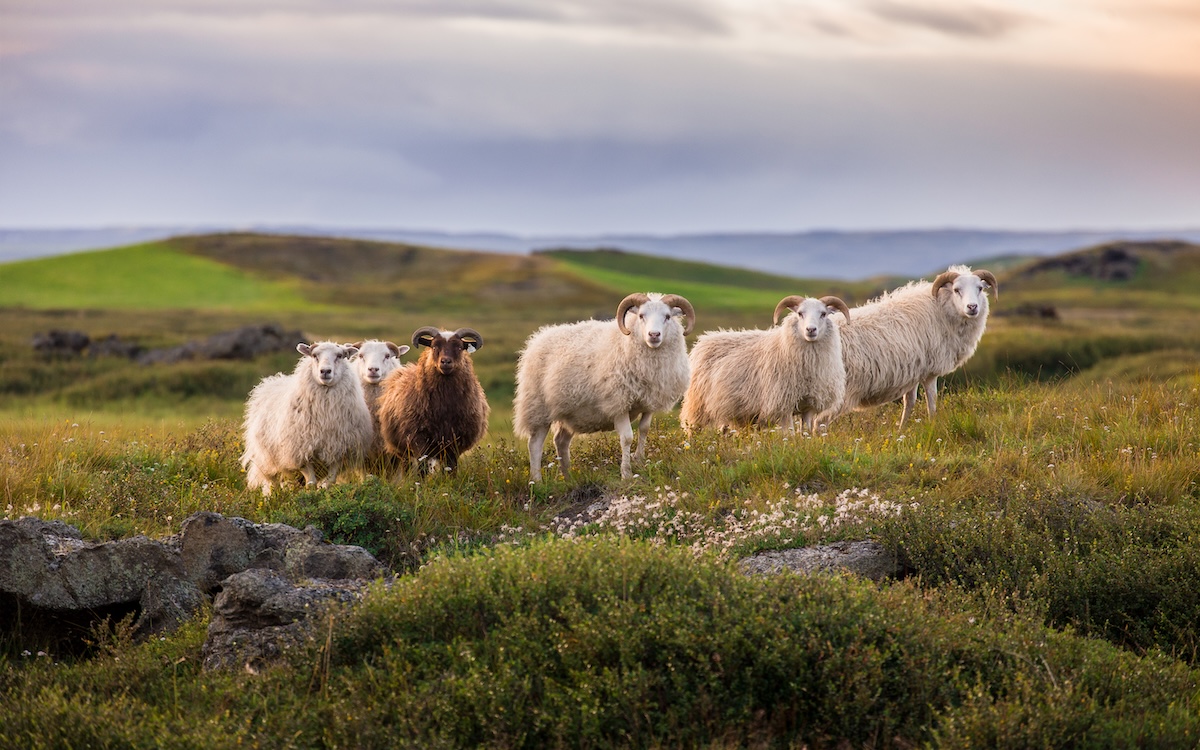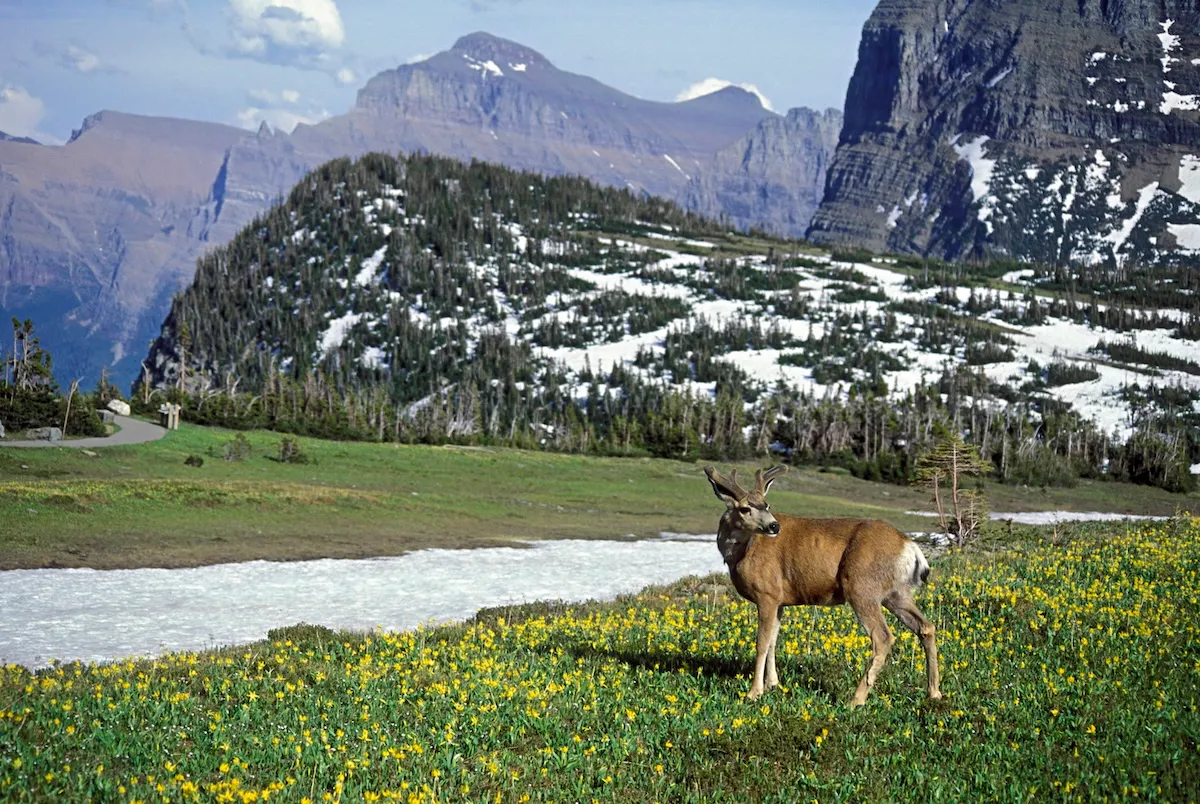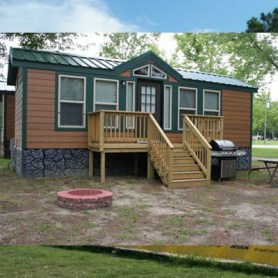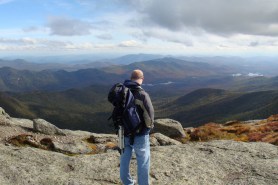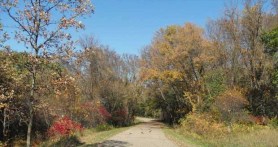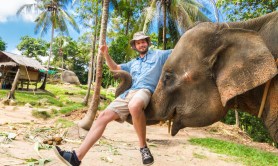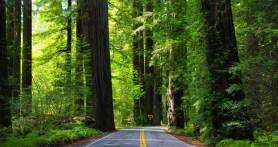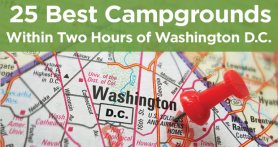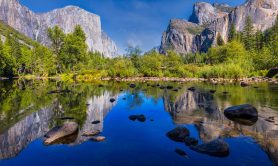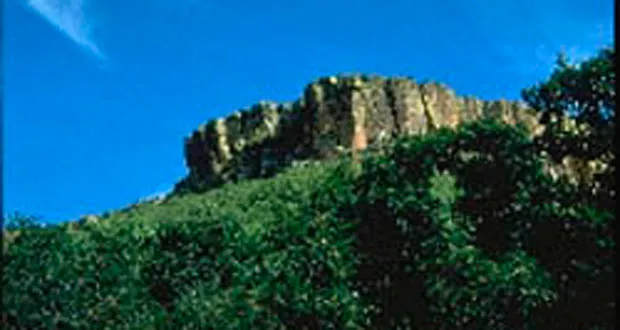

Sugarite Canyon State Park in New Mexico
Camp New Mexico: I’m talking with Robert today. He’s the Park Superintendent at Sugarite Canyon State Park in New Mexico. Robert, why don’t you get us started by telling us about how long the Park has been there and giving us a little bit of history on it?
Videos by Outdoors
Robert: Well, the Park was purchased. Well, it was actually leased from the City of Raton about 1985. We manage the property, but it’s still owned by the City of Raton. It’s about a 4,000-acre Park. Originally, in the lower half of the canyon, back in the early 1900s, it was a coal mining area and there was an old coal camp area down by the Visitor Center, which we have a trail system through that you can walk through some of the old coal camp housing area. And you can actually walk up to a couple of the old mine entrances. They have been sealed up, but there is some interpretive signage along the trail system itself. And you can move up the canyon. We have Lake Alice Campground, and there is 16 sites available there at Lake Alice. 12 of those have electric and water, and of those four have full hook-ups. And from May through September you can make reservations. We have 12 sites there that you can reserve through that timeframe.
Camp New Mexico: Okay.
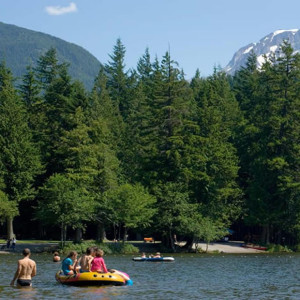
Robert: We have a small lake there at Lake Alice Campground. It’s about a five-acre lake, and there is some fishing there. But then if you proceed up the highway a little bit longer, about a mile and a half up, on the left-hand side you’ll see a dirt road and that goes up Soda Pocket Campground, which is completing renovations up there of all the campsites. There is 23 designated sites there. There’s no electricity or anything up there. We do plan on having water available in a couple places up there so the public can access water. And the area up there – they do have picnic tables and pads to park your RV on and grills and shelter. And there is also a group camping area up there, which you can also reserve through May through September that will accommodate about 50 people.
Camp New Mexico: Okay. What makes Sugarite Canyon State Park unique?
Robert: I think it’s just the diversity of what you can do here. Like I said earlier, you have the coal camp area and you can walk through that. You have fishing. We have two lakes. If you went up from Soda Pocket, there’s about a 120-acre lake called Lake Maloya, and that’s about 120 surface acres. And we have rainbow trout and German brown trout, and we have people that have caught trout up to right around 28 to 30 inches there.
Camp New Mexico: Wow.
Robert: You will. It’s not uncommon to catch five and six-pound rainbows and German browns. I’ve caught a few myself.
Camp New Mexico: Very cool.
Robert: But the hiking opportunities. We have about 18 miles of hiking trail system throughout the Park. Abundance of wildlife. Anywhere from – we have deer, elk, bear, turkey, mountain lion–
Camp New Mexico: Wow.
Robert: –bobcats, raccoons, and beavers. You name it, we’ve got it. So, huge area for bird watching from down here at the Visitor Center to all the way up to the Colorado line. There’s an abundance of birds. You get different migrations throughout the year.
Camp New Mexico: It looks like a very diverse ecosystem just from looking through the pictures on the website. How long ago were those mines active? Do you know?
Robert: They closed down in 1941.
Camp New Mexico: Oh, so fairly recent as far as mining goes.
Robert: Yeah.
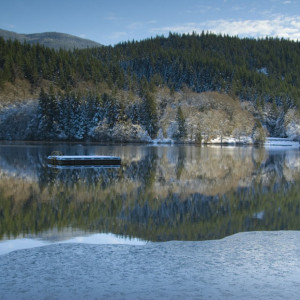
Camp New Mexico: When did they close them off? Were people ever able to explore them, or were they probably just deemed too dangerous, I suppose?
Robert: Yeah, they were deemed too dangerous. Around 1941, when they did close the camps, they did disassemble all of the housing and mowed it off to different camps and they sealed the entrances to the mines and such.
Camp New Mexico: Were they lucrative at all? Do you know?
Robert: It’s just for coal. So, it was home heating purposes. That type of coal.
Camp New Mexico: Oh, okay.
Robert: So, when the war came along, they had other technologies available then, and then plus the demands from the war.
Camp New Mexico: Okay. Just two more questions for you, Robert. If you were going to spend just one hour in Sugarite Canyon State Park, how would you spend your time there?
Robert: Probably hiking.
Camp New Mexico: Okay, which trail would you take?
Robert: Probably I would go. We have a couple trails there. There’s a big loop trail up by the lake. Opportunity Trail.
Camp New Mexico: Very cool. And if you could spend just one night in Sugarite Canyon State Park in New Mexico, which specific site would you stay at and why?
Robert: I would probably stay – oh boy, that’s a toughie. It would probably be up in Soda Pocket. Probably in sites 12 to ten. Somewhere on the end of the loop. It kind of overlooks the whole canyon.
Camp New Mexico: Oh, okay.
Robert: We did have a major forest fire go through here a couple years ago and that’s the reason why we had to do a lot of the rehabilitation work up in the campground. It did take out the majority of our heavy ponderosa pine and conifer forest, but it did come back quite a bit with all the moisture and such. A lot of locus and oak regrowth, and so I mean it’ll bounce back. It’s not going to be like it was before, but it’s still a beautiful area and a lot of opportunities.
Camp New Mexico: Sure.
Robert: It does butt right up on the Colorado line. On the Colorado side, it does join about 13 thousand acres of Colorado State wildlife area. So, that’s a huge attraction also, where people can kind of jump into both states and do a hiking excursion or hunting, or whatever their opportunities. Whatever license they have or whatnot.
Camp New Mexico: Do you trails go right in there out of your Park or not?
Robert: Yeah, one of the trails. (Unclear 7:17.0) Trail. Opportunity Trail. It goes up the hill, up into – from the switchbacks, you can also veer off into Colorado and it’s pretty much primitive trail system, but you can go right off and go wherever you want to.
Camp New Mexico: Okay. Well, Robert, thank you so much for taking some time out of your day to give us a couple tips on your favorite campsites there and to give us a lot of information about Sugarite Canyon State Park in New Mexico.
Robert: Sure.
